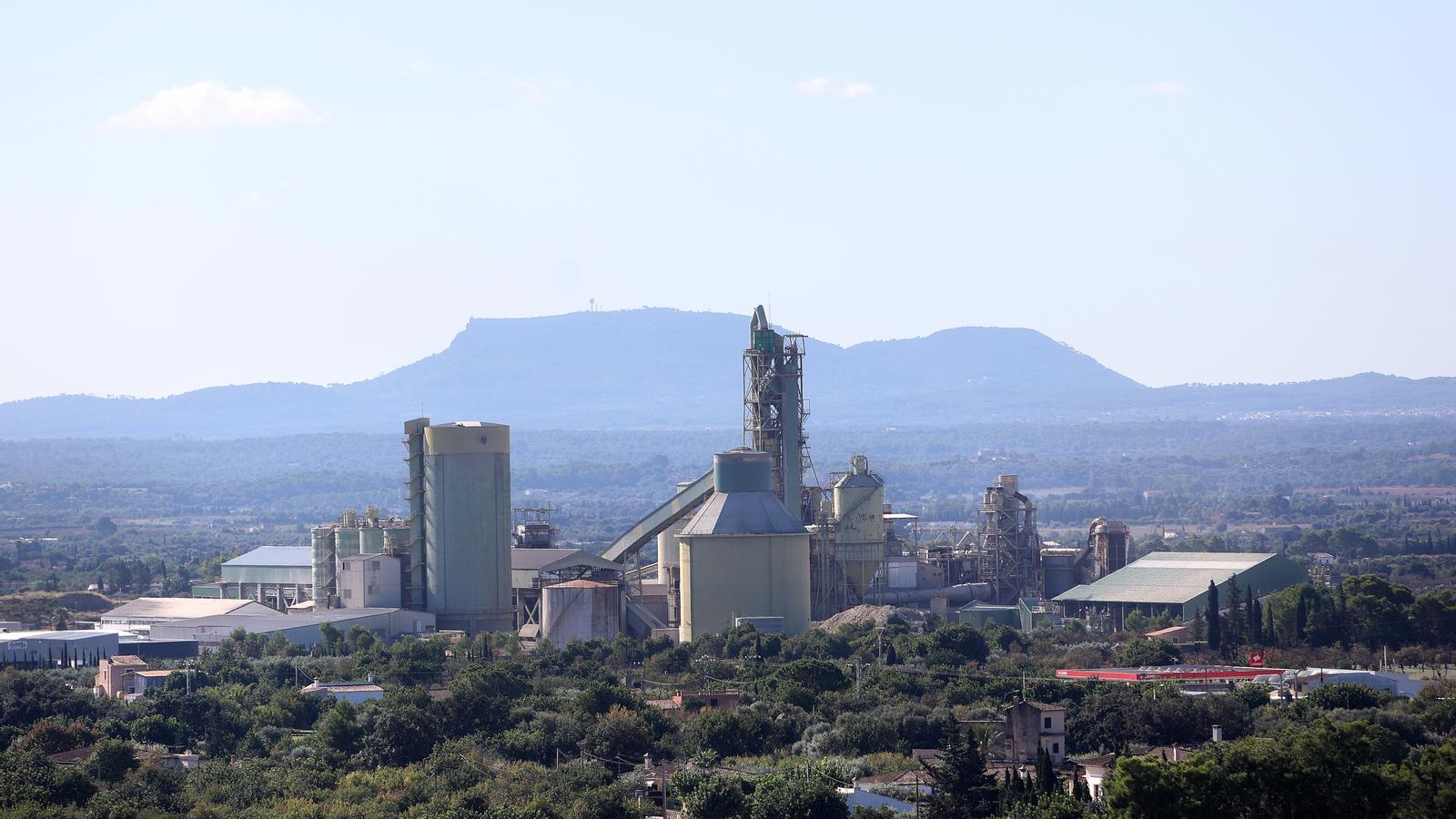The failed industrialization of Lloseta, the origin of the 'sieve' of the large solar parks
The Left Pact opened the door to destroying rural land to mitigate the impact of the closure of the cement factory.


PalmLaw 14/2019 on strategic industrial projects in the Balearic Islands was passed during the Pact government (in 2019) to combat total dependence on tourism, but over time it became a real sieve for large-scale solar park projects, "and little else," laments an administration technician who is asking for the year.
This legislation was intended to incentivize the implementation of major investment projects that would contribute to the expansion of the Balearic Islands' industrial fabric. The goal was to improve its competitiveness and facilitate the reindustrialization of the region.
Initially, the law limited these projects to urban or developable land, but with the arrival of the energy crisis caused by the war in Ukraine, a modification was introduced with a decree law that allowed the processing of photovoltaic parks as strategic industrial projects on rural land. This accelerated their processing and minimized territorial and environmental planning filters. "It was a monumental nonsense," the territorial spokesperson for the GOB, Margalida Ramis, has stated on several occasions.
Curiously, the origin of this "express" legal route came from a specific project in Lloseta: the reindustrialization of the area following the closure of the municipal cement factory. The Pacte Government enthusiastically presented an oil recycling plant, which incorporated a 350 kWp photovoltaic installation and a hydrogen plant. The project was declared a strategic industrial project and set a precedent by opening the legal door to similar procedures for renewable energy on rural land.
The waste oil processing plant project in Lloseta, declared a strategic industrial project in December 2023, has not achieved any of its objectives.
The most absolute failure
The initiative planned for Lloseta, which led the Pact to open the door to cementing rural land for industrial development, has been a complete failure. The Revivir Tofla platform asserted that the project was a smokescreen and not "green," while Prime Minister Marga Prohens called it an eco-scam. Meanwhile, dozens of mega-park projects have been approved on rural land on a fast-track basis and without environmental safeguards.
